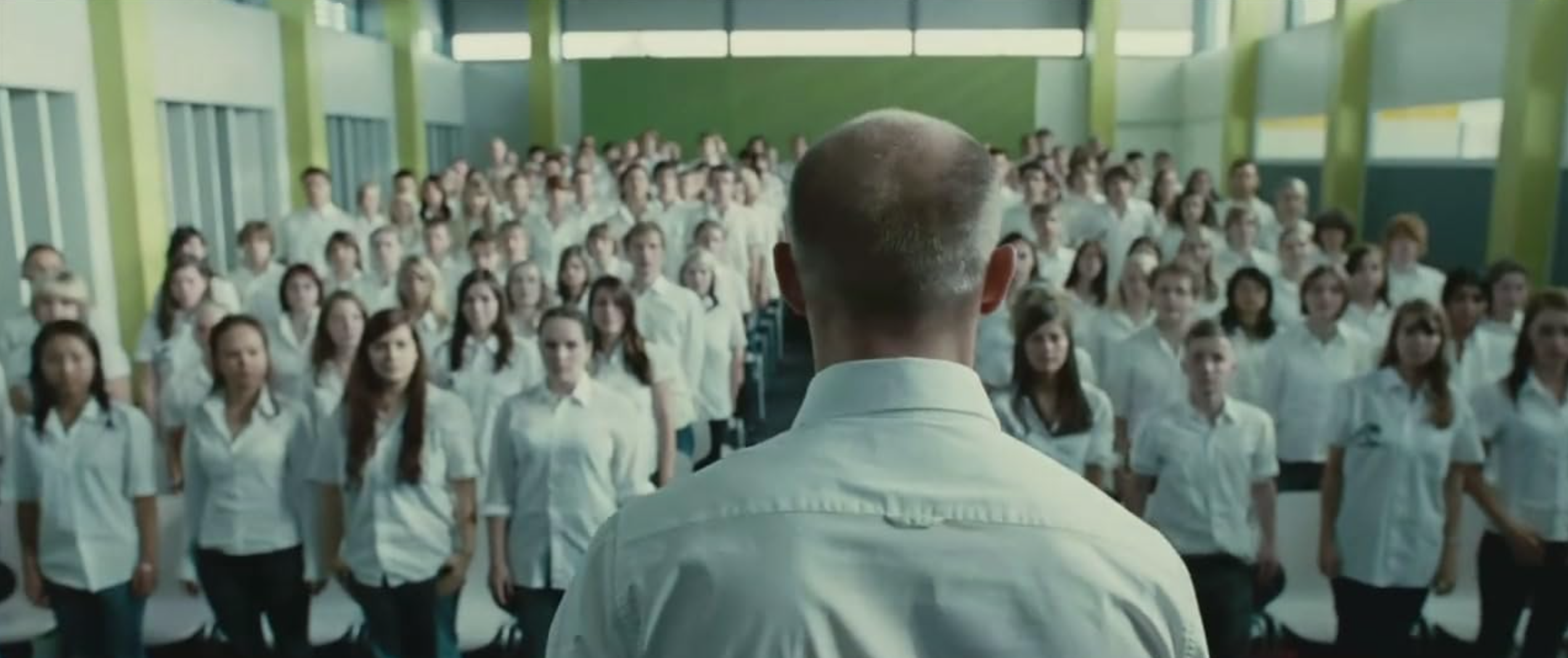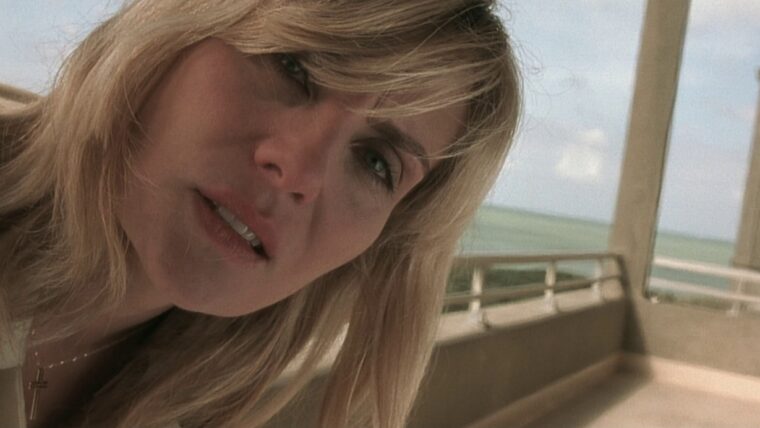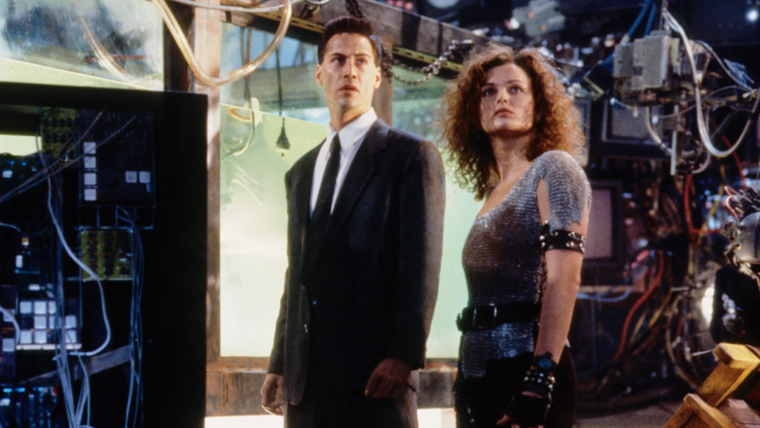Die Welle (2008)
Die Welle” (The Wave) is a German film directed by Dennis Gansel. Based on the book “The Wave” by Todd Strasser, written under the pen name Morton Rhue. It is a fictionalised description of Ron Jones’ “Third Wave” teaching experiment, which happened in an April 1967 history class at Cubberley High School in Palo Alto, California.
Set at a modern high school, the film examines the strength of group dynamics and the possible risks of authoritarianism. “Die Welle” offers a fictional social experiment run by a teacher to show how readily people may be swayed by a group mindset. The experiment is based on actual events.
“Die Welle” is a terrifying depiction of how susceptible human nature is to conformity and the attractiveness of a charismatic leader from a social standpoint. It draws attention to the perils of unquestioning submission and the quick decline of critical thought within a group. The movie serves as a warning, highlighting the value of challenging authority and preserving our individuality in the face of obstructive ideas.
The acting in “Die Welle” is excellent, and Jürgen Vogel gives a compelling performance as the teacher who unintentionally becomes consumed by his experiment. The youthful cast members do a fantastic job portraying the gradual conversion of common students into ardent adherents of the organisation.
The film’s visuals successfully convey the mounting anxiety and waning sense of control that permeate the school community. The editing and cinematography help to represent the growing power dynamics in the group by adding to the growing intensity.
“Die Welle” prompts viewers to reflect on the pervasiveness of groupthink in society. It invites us to critically examine our own susceptibility to conformity and the potential consequences of surrendering our individuality to collective ideologies. By shining a light on the dangers of unchecked authority and mob mentality, the film serves as a powerful social commentary that resonates beyond its narrative.
Das Experiment (2001)
A psychological thriller inspired on the historic Stanford Prison Experiment, “Das Experiment” is a German film directed by Oliver Hirschbiegel. The movie explores the darkest sides of human nature and how people behave in repressive conditions and in positions of power.
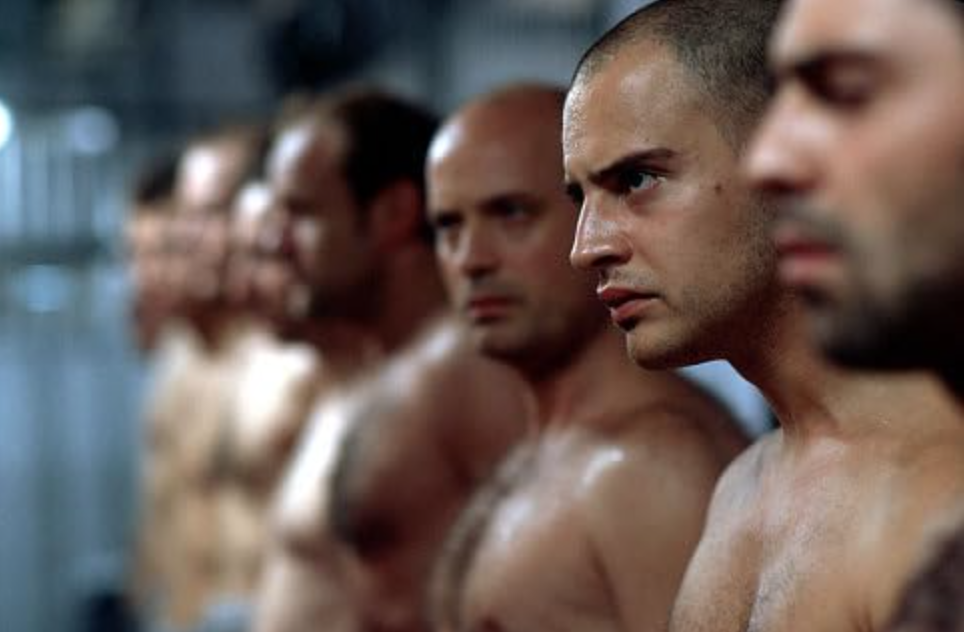
“Das Experiment” invites viewers to reflect on the implications of the study beyond the film’s narrative. It serves as a cautionary tale, emphasizing the importance of ethical considerations, accountability, and the potential consequences of dehumanization within social structures. By examining the darkest corners of human behavior, the film challenges us to confront our own capacity for cruelty and the necessity of vigilant safeguards to protect against abuses of power.
The performances in “Das Experiment” are exceptional, with Moritz Bleibtreu and Christian Berkel delivering gripping portrayals of the prisoners and guards, respectively. Their performances capture the escalating tension and the psychological shifts that occur as the experiment spirals out of control.
Visually, the film creates a claustrophobic atmosphere that intensifies the sense of confinement and psychological pressure experienced by the characters. The tight framing and frenetic camerawork contribute to the growing unease and help immerse viewers in the escalating chaos.
Das Leben der Anderen (2006)
“Das Leben der Anderen” (The Lives of Others), a German drama set in East Germany during the Cold War, is directed by Florian Henckel von Donnersmarck. Surveillance, individual freedom, and the transformational impact of art are some of the topics covered in the movie. It won an Academy Award in 2007 in the category Best Foreign Language Film of the Year.
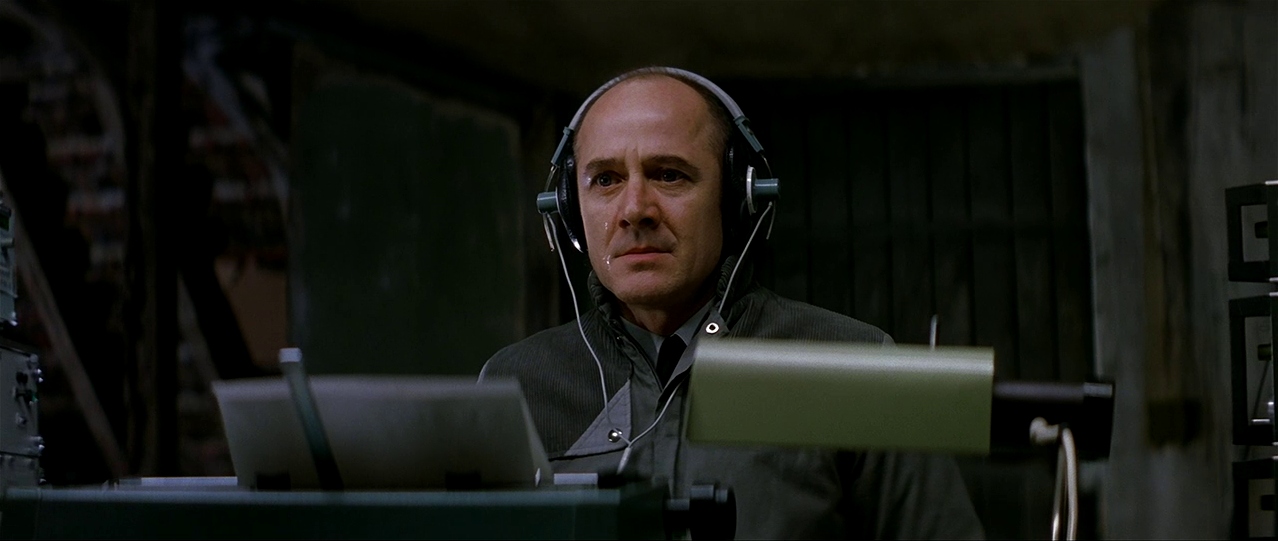
“Das Leben der Anderen” demonstrates how art can influence society by opposing repressive systems. It emphasises the value of creativity and individual expression as fundamental elements of a free society. The movie offers a moving examination of the resiliency of the human spirit and the potential for individual salvation by digging into the lives of those who are trapped in the web of state surveillance.
The performances in “Das Leben der Anderen” are remarkable, with Ulrich Mühe delivering a masterful portrayal of Stasi officer Gerd Wiesler. Mühe effectively conveys the internal conflict experienced by Wiesler as he becomes increasingly invested in the life of the playwright under surveillance, played by Sebastian Koch.
Visually, the film captures the bleakness and suffocating atmosphere of East Germany during that period. The muted color palette and meticulous attention to detail effectively transport viewers to the era, enhancing the authenticity and emotional impact of the narrative.
Der Baader Meinhof Komplex (2008)
“Der Baader Meinhof Komplex” is a German historical drama that follows the growth and demise of the Red Army Faction (RAF), a radical left-wing organisation in 1970s Germany. The film is directed by Uli Edel and explores the RAF’s goals, deeds, and societal effects.
“Der Baader Meinhof Komplex” explores the nuanced connections between political activism, violence, and the pursuit of justice. It calls into question the conflict between individual convictions and the greater societal order as well as the moral ramifications of revolutionary actions. The movie challenges viewers to contemplate the subtle differences between political protest and terrorism as well as the far-reaching effects such activities may have on society as a whole.

The performances in “Der Baader Meinhof Komplex” are exceptional, with Martina Gedeck, Moritz Bleibtreu, and Johanna Wokalek delivering compelling portrayals of key figures within the RAF. Their performances capture the ideological fervor and the personal struggles faced by these individuals as they navigate a tumultuous era.
Visually, the film effectively captures the political and social climate of the time. The gritty cinematography and attention to period details immerse viewers in the turbulent atmosphere, adding to the authenticity and historical accuracy of the narrative.
Die fetten Jahre sind vorbei (2004)
“Die fetten Jahre sind vorbei” (The Edukators), a German-Austrian drama directed by Hans Weingartner, centres on a group of activists who break into affluent homes to protest social unfairness. Intergenerational conflict, idealism, and activism are some of the topics covered in the movie.
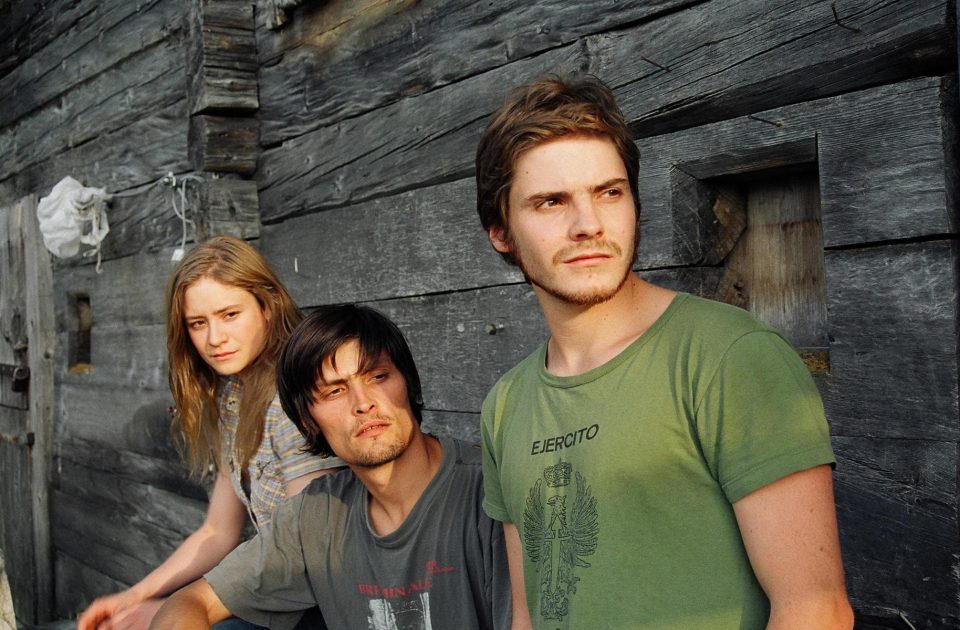
From a social perspective, “Die fetten Jahre sind vorbei” provides a critical examination of the widening wealth gap and the frustrations faced by young people who perceive systemic injustices. It raises questions about the effectiveness and ethical implications of direct action as a means of challenging societal norms. The film invites viewers to contemplate the boundaries of civil disobedience and the complexities of effecting meaningful change within a flawed system.
The performances in “Die fetten Jahre sind vorbei” are compelling, with Daniel Brühl, Julia Jentsch, and Stipe Erceg delivering nuanced portrayals of the activists grappling with their beliefs and the consequences of their actions. Their performances capture the idealism, passion, and conflicting emotions experienced by young people who are driven to challenge the status quo.
Visually, the film juxtaposes the luxurious homes of the wealthy with the gritty realities of everyday life, highlighting the stark disparities that exist within society. The cinematography effectively captures the energy and urgency of the characters’ actions, immersing viewers in their world and the moral dilemmas they face.
“Die fetten Jahre sind vorbei” is a thought-provoking film chalenging viewers to consider social issues and the balance of power in the modern society. It serves as a reminder of the value of activism, idealism, and the necessity of challenging long-standing inequalities systems.

